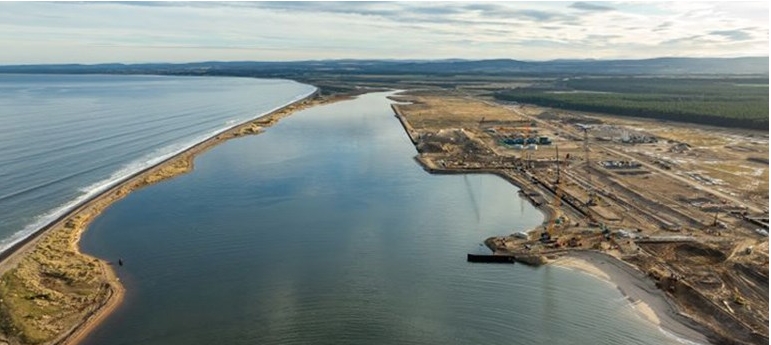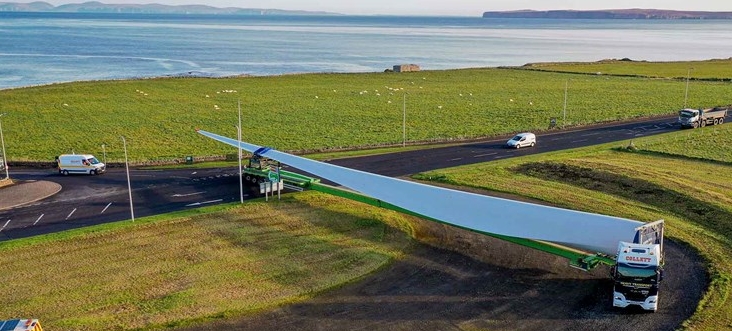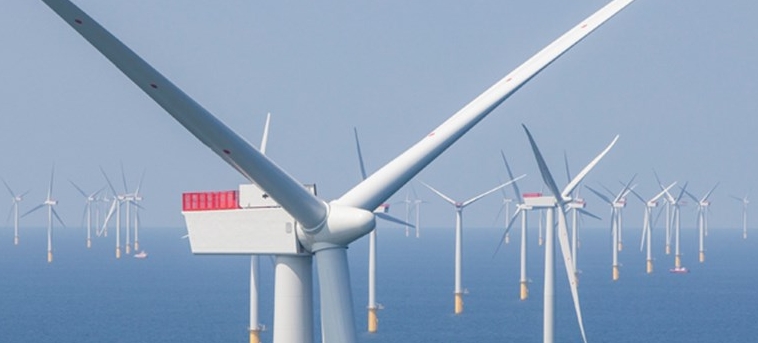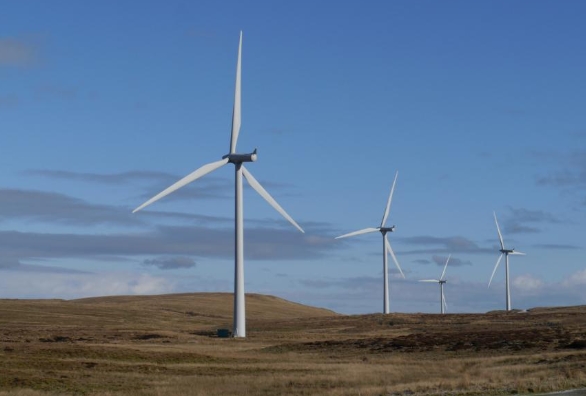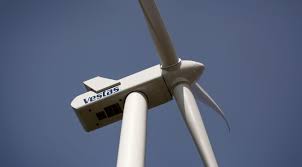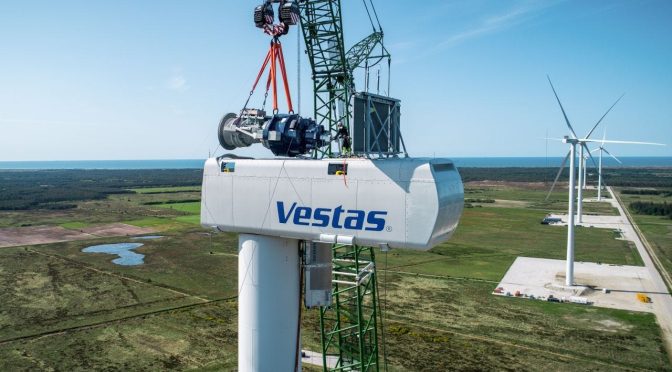
In the latest push for her Green New Deal, Boston Mayor Michelle Wu signed an executive order that prohibits city-owned buildings from being constructed or renovated in a way that allows for the use of fossil fuels.
The order, which went into effect after it was signed on Monday afternoon, is part of the mayor's larger effort to implement a similar ban on new residential buildings, her office said, a plan that has drawn the ire of certain real-estate groups.
"This executive order is a long time coming," Wu said at a City Hall press conference. "It is dealing with what is fully within the city's control in terms of public buildings that will be newly built or undergoing a major reconstruction and renovation, and committing that they will be fossil-fuel free."
Boston's Green New Deal Director Oliver Sellers-Garcia said these municipal buildings will be constructed or renovated in a way that doesn't allow for the use of fossil fuels like coal, oil or natural gas in heating and cooling, hot water and cooking operations.
"That means no more fossil fuel combustion that causes greenhouse gas emissions, reduces air quality and locks in infrastructure," Sellers-Garcia said. "This executive order recognizes that as the owners of 380 buildings with 16 and half million square feet, we have an important role to play."
Municipal emissions constitute 2.3% of all of Boston's carbon emissions, and more than 70% of the city's emissions are from buildings, according to Wu's office.
Decarbonizing city buildings and converting them to electrification is a "major undertaking," Wu said, noting that the effort encompasses many school buildings, public housing units, boilers and appliances.
The order exempts new projects that are currently in the procurement, design or construction phase. It will apply, however, to future capital projects such as the renovation of Madison Park Technical Vocational High School, and construction of new police, fire and EMS stations and libraries, Boston's Deputy Chief of Operations Morgan McDaniel said.
The day's signing prompted a visit from Chicago Mayor Brandon Johnson, who praised Wu for pushing forward with the climate initiative.
While the new order only applies to city-owned buildings, Wu is moving forward with a plan she announced last year that would ban fossil fuels in new residential building projects throughout Boston.
The City Council approved a "stretch code" ordinance proposed by Wu in April that requires new residential buildings to add wiring for future conversions to electrification and to add solar.
The Wu administration also plans to submit an application by the fall deadline, for acceptance into a state pilot project that will allow 10 Massachusetts cities and towns to ban gas hookups in new buildings.
Citing these future plans, Greg Vasil, CEO of Greater Boston Real Estate Board, said Monday's executive order was "not a surprise, as this is the goal the administration has been pursuing for some time."
"It will have a very large impact in the cost of development, and more importantly, if that development ever did occur in the electrical supply capacity we currently have in our utility grid," Vasil said in an email.
He added, "The real estate company is resilient, and if Boston is not a conducive business environment for development, I am sure other nearby communities would welcome the enhancement this would mean to their property tax base."
